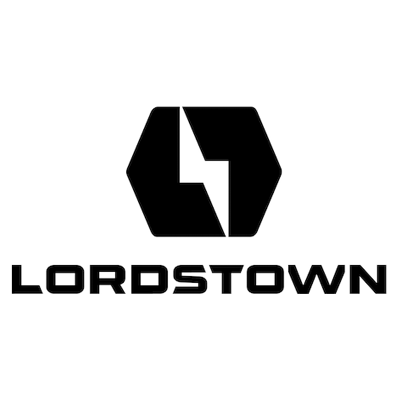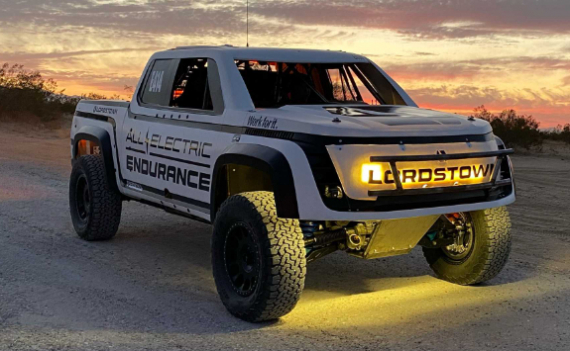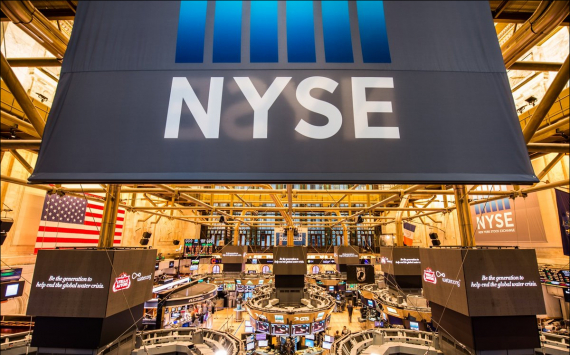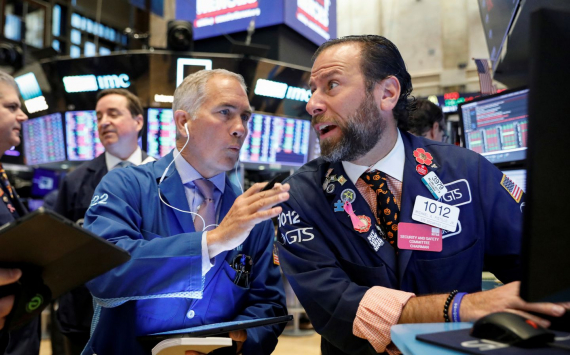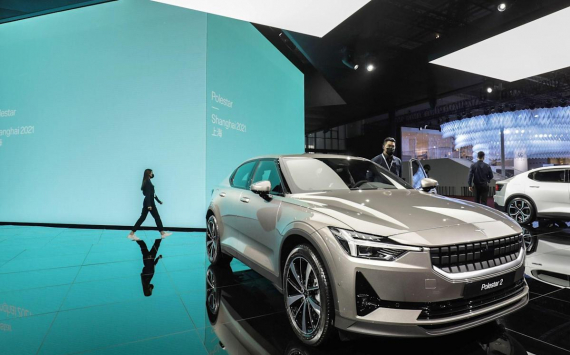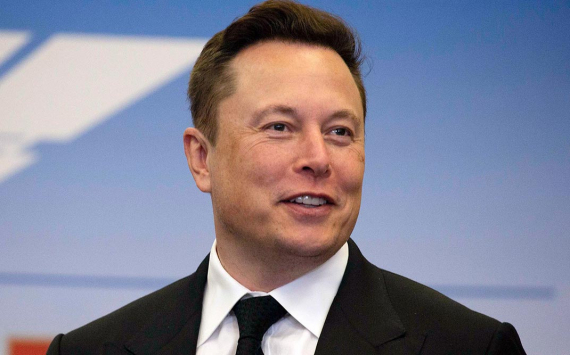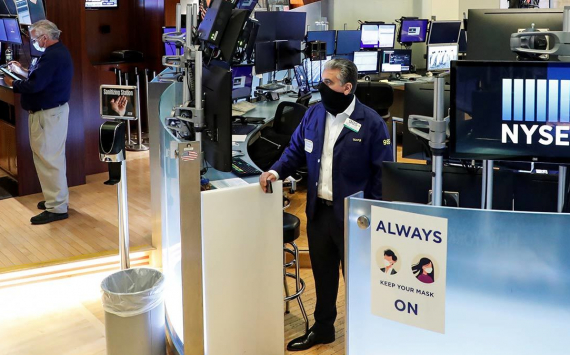Description
Lordstown Motors is an American electric vehicle automaker located in Lordstown, Ohio. The company is based out of the Lordstown Assembly plant which previously belonged to General Motors.
General Motors (GM) has invested US$75 million in Lordstown Motors. GM obtained a seat on Lordstown Motors' board of directors, and has included Lordstown Motors into its Tier 1 supply chain. With the deal, Lordstown Motors is looking to compete against Tesla, Rivian, and Nikola's electric vehicle lineup.
History
Lordstown Motors was founded in 2018 by Steve Burns, former CEO of Workhorse Group. On November 7, 2019, Lordstown Motors became the owner of the former GM Lordstown plant, after signing a sales agreement with automaker General Motors in May 2019. GM loaned Lordstown Motors US$40 million in order to underwrite a substantial part of the plant purchase.
In March 2020, Lordstown Motors paid Workhorse Group US$12 million dollars for the licensing rights to the intellectual property of the Workhorse W-15 pickup truck. Lordstown Motors intends on developing its own electric pickup truck based upon Workhorse's preexisting design. As part of the business deal, Workhorse Group was given a 10% equity stake in Lordstown Motors.
In October 23, 2020, Lordstown reverse merged with a special-purpose acquisition company (SPAC) named DiamondPeak Holdings and became listed on the NASDAQ. The merger gives Lordstown Motors an estimated equity value of US$1.6 billion. On the same day, GM released Lordstown Motors from its mortgage obligations related to the purchase of the Lordstown factory.
In January 2021, the company announced the opening of a vehicle service center in Irvine, California to support customers in the Southern California region. It is Lordstown's first service center outside of Ohio, with California chosen due to "the favorable regulatory backdrop in the state, which is aggressively promoting more widespread adoption of electric vehicles", according to the company.
In March 2021, the investment research firm Hindenburg Research that specializes in short-selling published a lengthy report about Lordstown supporting its short position in the stock. In the report, Hindenburg presented evidence that it said demonstrated a history of fraud at Lordstown, with the company misleading investors by exaggerating demand and orders for its trucks, as well as Lordstown's ability to build these trucks. Hindenburg's report showed that thousands of Lordstown's claimed orders were non-binding, no-deposit indications of interest by companies without the apparent financial strength to support the size of the orders. The report also claimed significant production delays beyond Lordstown's claimed timeline with trucks three to four years away from production, stock sales by insiders amidst vehicle testing problems, and irregularities in the background of Lordstown's founder, Steve Burns. Lordstown's stock dropped 17% on the day of the news. The company responded with a statement saying, “We will be sharing a full and thorough statement in the coming days, and when we do we will absolutely be refuting the Hindenburg Research report.” The Hindenburg Research report led to the US Securities and Exchange Commission (SEC) requesting information from Lordstown Motors regarding the short-seller's claims of misleading investors.
It was also revealed in March 2021 that one of Lordstown's prototypes caught on fire, with the company claiming the fire was caused by "human error" and that the issue had been solved by Lordstown now automating the manufacturing of its vehicles. On June 8, 2021 Lordstown amended its annual report with the SEC and said that the company did not have enough money to begin commercial production of its vehicle, and runs the risk of failing as a business.
In June 2021, both the CEO Steve Burns and CFO Julio Rodriguez of Lordstown Motors were removed from their positions. While the official press release states this is in anticipation of changing from R&D to Production, the non-binding nature of the pre-sale agreements have been brought into question after revelations that the largest three purchasers were not committed to acquiring the Lordstown production vehicle (and most did not have the means to even do so if they wanted to). There is compelling evidence that most of the pre-order agreements were made using shill companies in order to generate press (in exchange for payment from Lordstown Motors).


